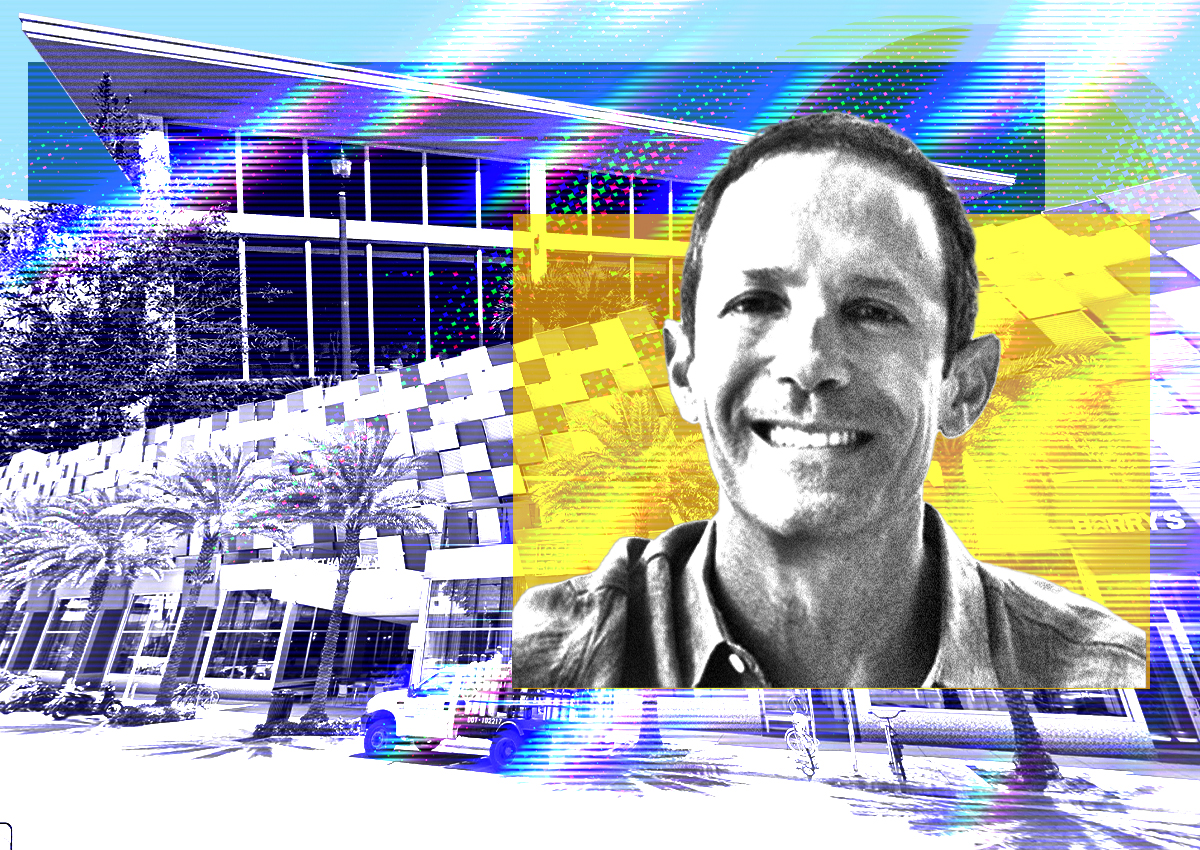
The sales market for office properties is almost at a standstill. However, some of New York’s largest office landlords are turning to it to raise cash.
SL Green Realty and Vornado Realty Trust plan large asset sales this year — a move others are resisting. But both New York-focused REITs are under pressure to buy back shares and shore up their balance sheets as stock prices plummet and the cost of debt rises.
“Both SL Green and Vornado have capital uses,” said Truist Securities REIT analyst Michael Lewis. “Both companies are going to have to be strategic and thoughtful about this.”
These are tough times to sell an office. According to Ariel Property Advisors, Manhattan office sales totaled just $470 million in the first quarter, down a staggering 85% from $3 billion a year earlier.
There was only one office sale in the first quarter. It was priced at $650 per square foot, below the average price of $865 in seven transactions in the fourth quarter. In the first quarter of last year, the average price was more than $1,160.
But there are other factors besides price that can influence decisions about whether these public companies sell.
SL Green’s Calculus
SL Green is looking to raise cash to achieve the largest single-year debt reduction in the company’s history and to buy back its stock, which has fallen 78% since the start of the pandemic.
At the REIT’s institutional investor conference in December, company executives outlined plans to sell $2.4 billion worth of properties. The largest piece is its 75% stake in the office building at 245 Park Avenue. The sale of the stake will remove about $1.3 billion in property mortgages from SL Green’s books.
The property has a low cost mortgage that can be passed on to the buyer – a key selling point at a time when affordable financing is hard to find.
Other planned sales include a joint venture interest in its new iconic skyscraper One Vanderbilt; 750 Third Avenue, a mostly vacant 730,000-square-foot office building that SL Green says is a strong candidate for a full or partial residential remodel .
The REIT last month refinanced another nearby office property, 919 Third Avenue, with a $500 million loan.
Chief Executive Officer Marc Holliday acknowledged the tough sales environment on the company’s April earnings call, but said he believed things were improving.
“There’s a long way to go this year. And I think the market is recovering, and I think we’re picking the right assets,” he said.
In addition to paying down debt, REITs are buying back stock. The company has $122 million left in its $3.5 billion buyback program before it must ask the board for authorization to buy more stock.
SL Green believes its share price is undervalued. Wall Street investors are valuing the company’s stock at $330 per square foot for its portfolio. If the company can sell properties for more than that price, its executives think the stock buyback would be a good deal.
Vornado’s strategy
Vornado recently changed its tone on sales.
Cognizant of volatility in funding markets, executives said in February they were not considering selling assets. But the company’s stock price has halved since Groundhog Day. In response, Vornado suspended its dividend through 2023 and authorized $200 million in share repurchases.
On an earnings call in May, the company reversed course, saying it would seek to sell a mix of retail and office assets. It declined to say which ones.
However, chief executive Steve Ross rejected the idea of being forced to sell.
“We’re not distressed sellers. We’re not vulnerable sellers,” he said. “The fact that we’re focused on a very select pool of assets … we consider ourselves to be offensive sellers.”
Vornado will use some of the proceeds from those sales to fund a share repurchase program — another reversal for Roth, who has long opposed buybacks in REITs. The company’s rationale is similar to SL Green’s: It says its shares are selling at a discount relative to the value of its assets.
Chief Financial Officer Michael Franco told analysts on a conference call: “While the market may not be as strong, or as strong as it used to be, and pricing has been affected, our share price has been more affected.”
The company’s balance sheet could also prompt a sale. Goldman Sachs analysts warned this month that rising interest costs and reduced rents due to tenant relocations could squeeze Vornado’s debt buffer.
Analysts said the real estate investment trust could be on a dangerous path to breaching its debt covenants, questioning whether that would put pressure on the company to sell properties.
read more
Representatives for Vornado and SL Green declined to comment.
Truist’s Lewis said he was optimistic about the companies’ plans, but said they needed to be sane about the market.
“Nobody should be shocked by a 30% drop in office assets,” he said.







